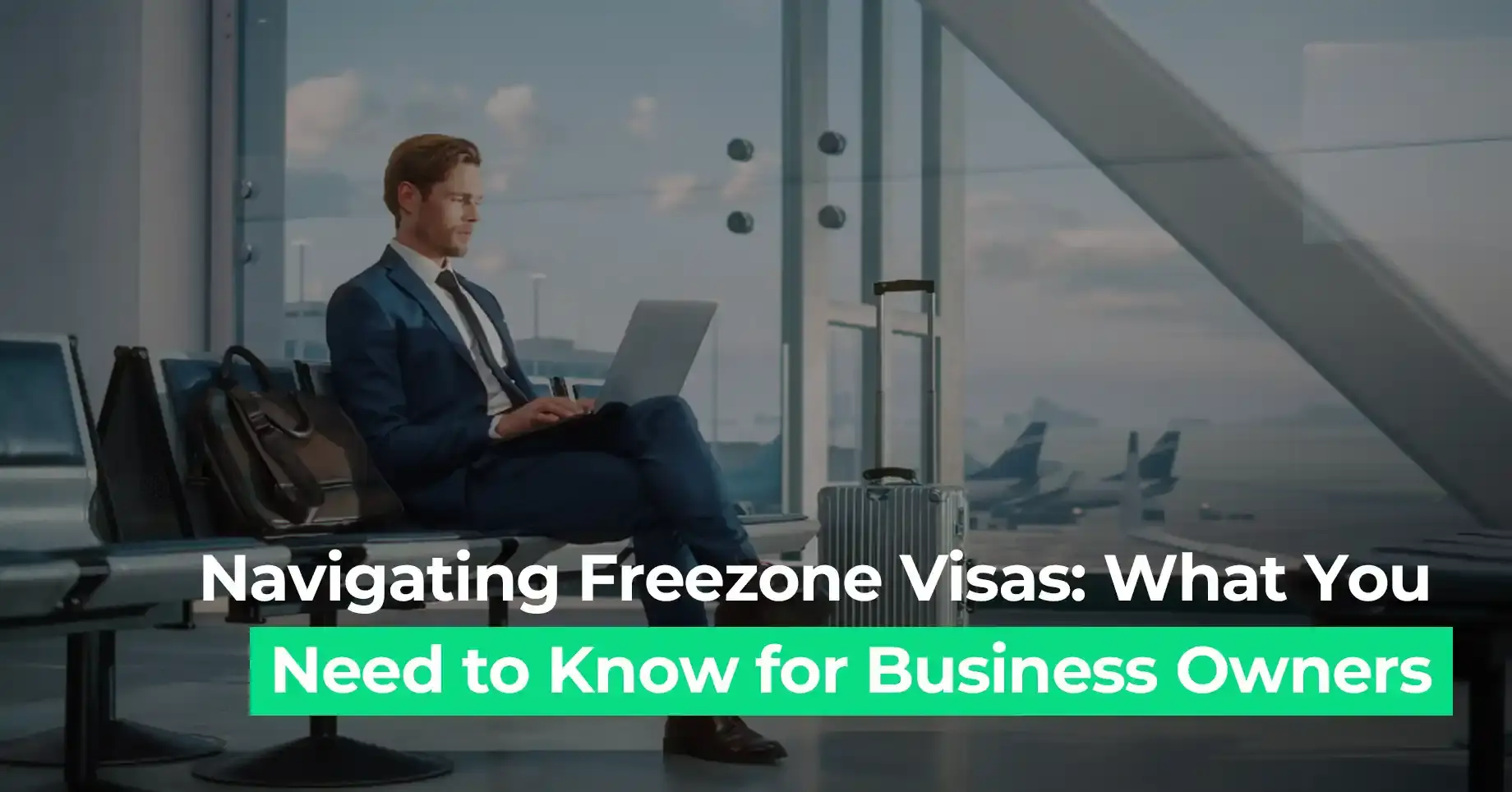Establishing a business in the UAE is an exciting prospect for entrepreneurs, but understanding Freezone visas is critical for a smooth setup process.
Utilizing services such as an Amer Center can further simplify the visa application and management process. A Freezone visa allows business owners, employees, and their dependents to live and operate within designated Freezones in the UAE. Let’s break down the essential concepts and terminology related to Freezone visas to simplify your journey.
What is a Freezone Visa?
A Freezone visa is a work permit that allows you or your employees to live and work in one of the UAE’s Freezones—special business areas designed to encourage investment and entrepreneurship. Unlike mainland businesses, Freezone companies have specific rules and benefits, making them an attractive option for startups and established enterprises alike.
Why Choose a Freezone Visa?
Opting for a Freezone visa comes with several advantages that can benefit business owners:
-
100% Business Ownership – No need for a local sponsor; you fully own your company, which is a huge advantage for foreign entrepreneurs.
-
Tax Benefits – Many Freezones offer tax exemptions on corporate and personal income, as well as customs duty benefits.
-
Simplified Setup Process – The business registration and visa application processes are streamlined and can often be completed quickly.
-
No Physical Office Required – Some Freezones allow businesses to operate with virtual offices, which can significantly reduce operational costs.
-
Repatriation of Profits and Capital – Business owners can send their earnings back to their home country without restrictions.
How to Apply for a Freezone Visa?
Applying for a Freezone visa involves several steps, but the process is generally smoother compared to mainland visas. Here’s a step-by-step guide:
1. Choose the Right Freezone
There are over 40 Freezones in the UAE, each catering to different industries such as technology, finance, media, and logistics. Research and select the one that aligns with your business model and goals.
2. Apply Through an Amer Center
Amer Centers help process visa applications and legal documents efficiently. They assist with everything from new applications to renewals, making it easier for business owners to manage their visas.
3. Submit Your Documents
You will typically need:
-
A passport that is currently valid for at least six months
-
Business license from the chosen Freezone
-
Passport-size photos
-
Visa application form
-
Proof of health insurance
-
Permit of entry (if applying from outside the United Arab Emirates)
4. Apply for an Emirates ID and undergo a medical examination.
All applicants must pass a medical fitness test, which includes a general health check and screening for infectious diseases. Once cleared, you can apply for an Emirates ID, which serves as your official identification document in the UAE.
5. Visa Stamping & Residency Permit
After passing the medical test and obtaining your Emirates ID, the final step is visa stamping, where the Freezone visa gets officially endorsed on your passport. This provides you with the ability to live and work in the United Arab Emirates.
Types of Freezone Visas
Free zones offer different types of visas depending on your role in the company. Common types include:
-
Investor/Partner Visa – Ideal for business owners and stakeholders.
-
Employment Visa – Issued to employees working for a Freezone company.
-
Freelancer Visa – Best for self-employed individuals in fields like media, design, or IT.
-
Dependent Visa – Allows Freezone visa holders to sponsor their family members.
Costs & Renewal Process
Generally speaking, the price of a Freezone visa ranges from AED 3,500 to AED 15,000, based on the Freezone and visa type. Renewals are required every 1 to 3 years, depending on the visa’s validity. The renewal process is straightforward and involves medical tests and visa stamping.
Things to Keep in Mind
-
Business Scope – Freezone companies can only operate within their designated Freezone and internationally. To trade in the UAE mainland, additional approvals are needed.
-
Employment Restrictions – Freezone visas are linked to Freezone companies, meaning employees cannot work for a mainland business without proper permits.
-
Family Sponsorship – Business owners and employees with a Freezone visa can sponsor their dependents, but they must meet specific salary and accommodation criteria.
Conclusion
A Freezone visa is an excellent option for business owners seeking an affordable, efficient, and tax-friendly way to operate in the UAE. With the right free zone selection and proper guidance from QuickPlus Amer Center, the visa process can be completed smoothly.
Whether you are an investor, entrepreneur, or freelancer, Freezones provide an ideal environment for business growth and success.
